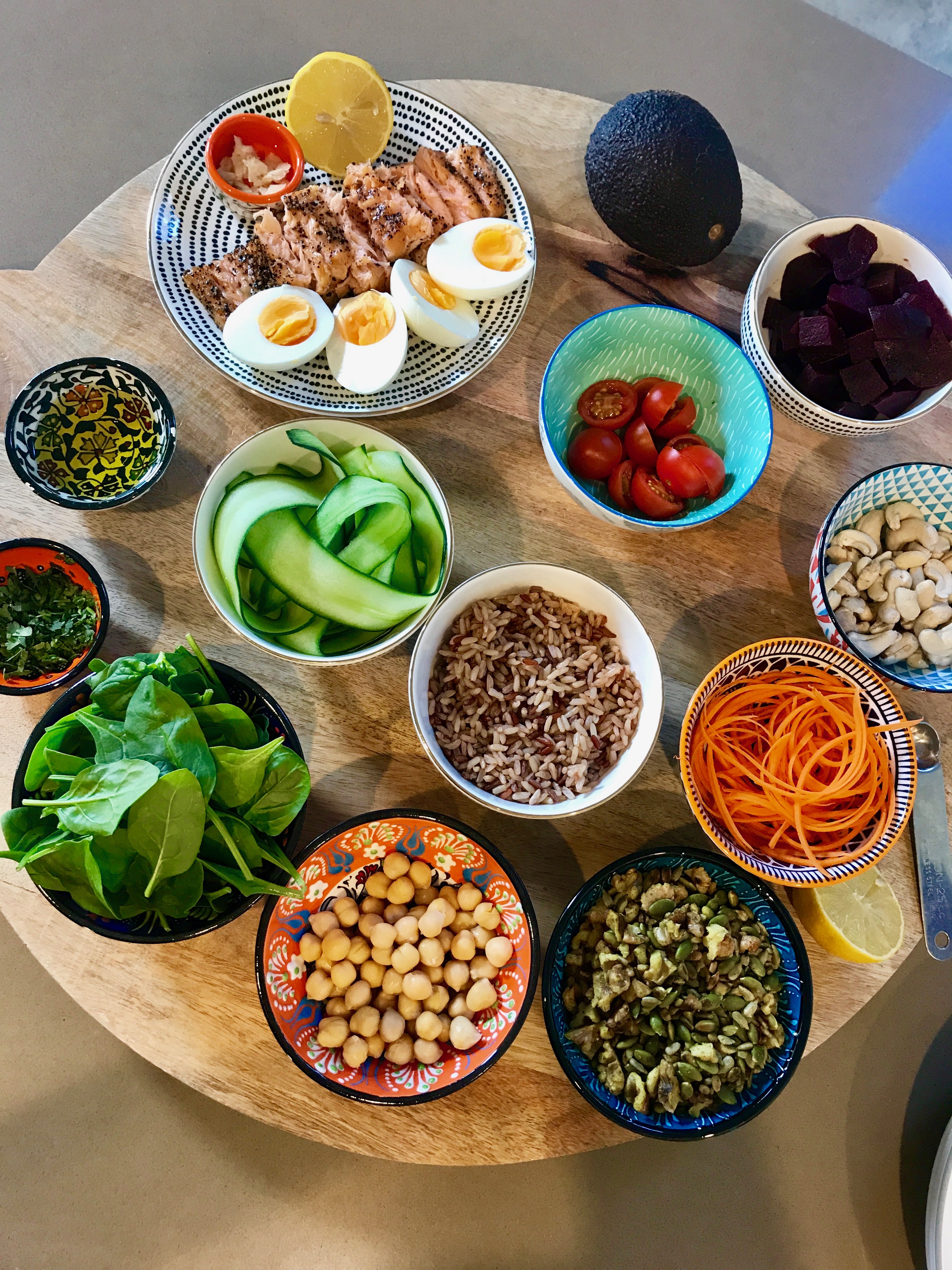When selecting foods to consume over the week, how diverse is your selection and do you ever wonder how your choices are impacting the environment?
It has been reported that 75% of the global food supply comes from only 12 plant and 5 animal species. Lack of diet diversity can mean we aren’t receiving adequate vitamins and minerals from our diet.
Health aside, dietary repetitiousness is associated with a decline in diversity of plants and animals and puts a strain on our food system.
To help overcome the challenges we are faced by lack of diet diversity, Knorr and WWF in partnership with Dr Adam Drewnowski (The Centre for Public Health Nutrition, University of Washington) have released ‘The Future 50 Foods Report.’
This report identifies 50 foods we should eat more of and have been selected based on their high nutritional value, relative environmental impact, flavour, accessibility, acceptability and affordability.
The foods selected fall within the following categories – vegetables, grains, cereals, seeds, legumes and nuts. Out of those listed, I have selected a few of my top choices to focus on based on the nutrition they offer and their accessibility, especially in Australia. Read on to find out a few of my choices and how you can integrate them into your diet.
Wakame seaweed
Health benefits: plant-based source of omega-3 fatty acids, iodine, magnesium and folate.
How to use: rehydrate and add to soups and stir-fries as texture and seasoning or add to salads.
Adzuki beans
Health benefits: source of plant-based protein, potassium, B vitamins, antioxidants and fibre.
How to use: add to soups, salads, curries, casseroles, dips or puree and add to sweet baked goods.
Fava beans
Health benefits: source of plant-based protein, fibre, folate, manganese, magnesium, iron, vitamin B1 and zinc.
How to use: add to salads and stir-fries, roast with spices as a snack or toss with feta cheese and herbs as a simple side dish.
Mung beans
Health benefits: source of plant-based protein, folate, phosphorus, potassium, selenium, copper and zinc.
How to use: add to wraps, pair with hummus and avocado on toast, add to salads and stir-fries for crunch.
Amaranth
Health benefits: source of fibre, magnesium, selenium, iron and protein.
How to use: make into a risotto, serve with curries and casseroles, toss through roasted vegetables and legumes for a light meal.
Buckwheat
Health benefits: higher in protein compared to other ‘grains,’ copper, magnesium, iron and manganese.
How to use: serve with curries, boil and warm up with milk and spices as a breakfast, toss into salads or soups.
Teff
Health benefits: source of plant-based protein, fibre, B1, B6, B3, B2, zinc, iron, calcium and magnesium.
How to use: use in baked goods, toss through salads or stir-fries and serve as a side dish.
Beet greens
Health benefits: source of vitamin K, A, magnesium, potassium, iron and antioxidant lutein.
How to use: add to stews, soups, salads, make into a pesto or turn in ‘beet chips’ (like kale chips)
Bok choy
Health benefits: source of vitamin K, C and E, selenium, folate, zinc, and calcium.
How to use: add to stir-fries, steam and serve as a side or add to Asian inspired soups
Watercress
Health benefits: good source of antioxidants Vitamin C and betacarotene, source of vitamin A and K and its bitter taste helps to stimulate digestion.
How to use: use in salads, toss through scrambled eggs, add to soups and frittatas
Enoki mushrooms
Health benefits: source of B6, folate, B1, B3, B2 and beta-glucan a soluble fibre.
How to use: add to soups or stir-fries right at the end of cooking or add raw to salads and wraps.
Hemp seeds
Health benefits: plant-based source of omega-3 fatty acids, protein, fibre, iron, antioxidants.
How to use: turn into milk, sprinkle on porridge and salads, add to smoothies, add to dips and baked goods.
Walnuts
Health benefits: plant-based source of omega-3 fatty acids, source of Vitamin E, fibre and protein.
How to use: eat whole, crush and add to salads, soups, smoothies, baked goods.
Alfalfa sprouts
Health benefits: source of Vitamin K, C, B2, B1, iron, folate, phytoestrogens and antioxidants.
How to use: add to salads, sandwiches, wraps, rice paper rolls or soups.
To see the full list of foods, click HERE.
